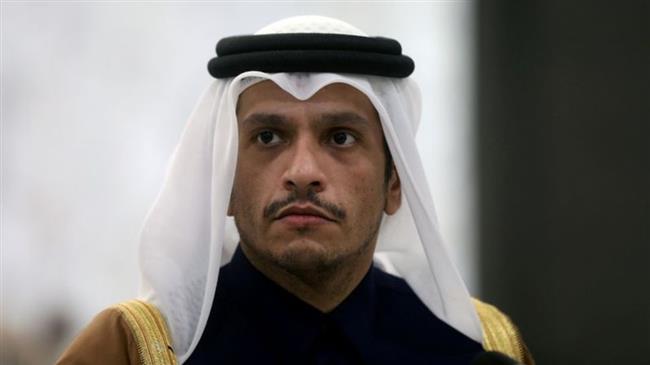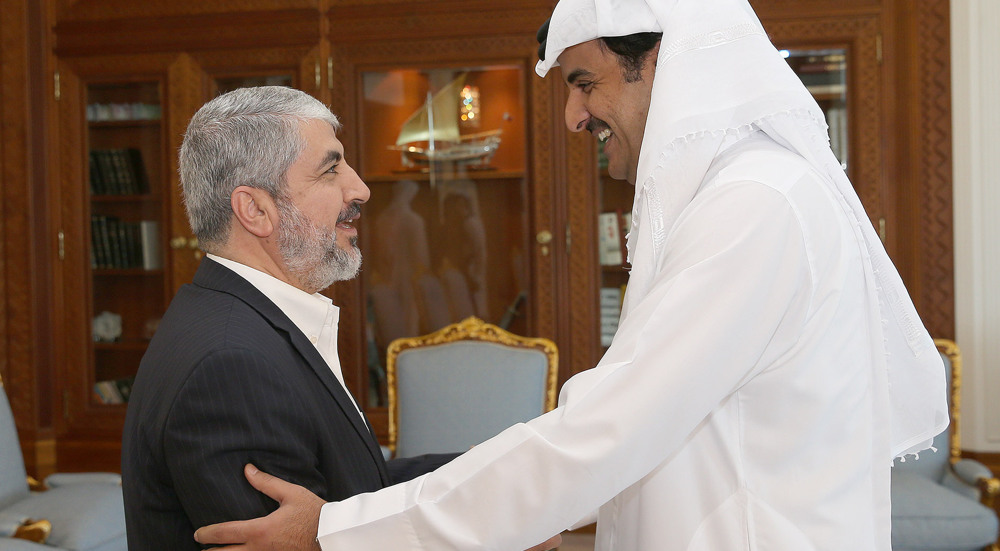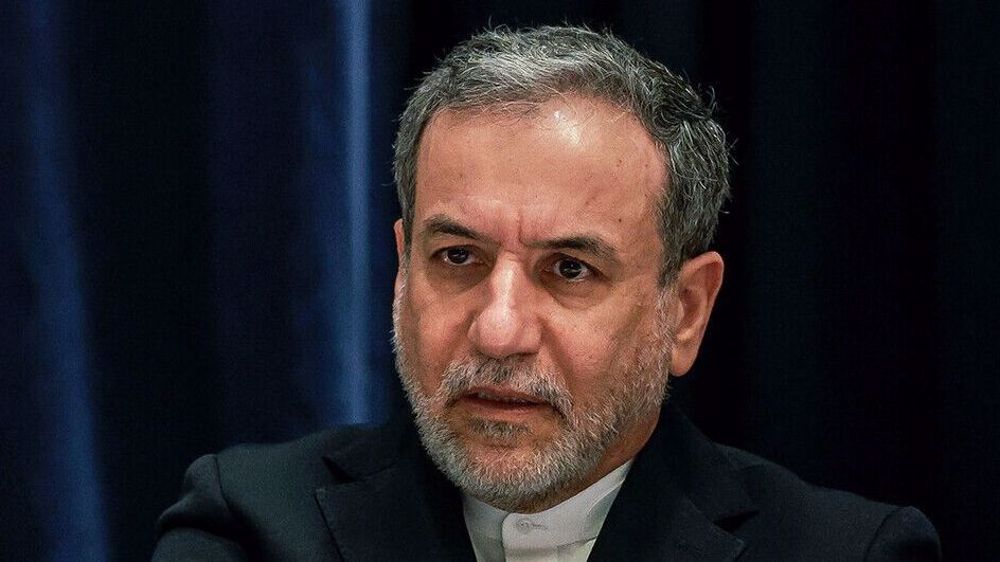Qatari FM: Persian Gulf states, Iran need to agree on format for dialogue
Qatar’s Foreign Minister Sheikh Mohammed bin Abdulrahman Al Thani has underscored the necessity of an agreement on a format for dialogue between the Persian Gulf Arab countries and Iran that would address ongoing concerns and ease regional tensions.
"The region needs to feel some stability and needs to have all the players in the region coming along together and to have dialogue to calm down all these tensions," Al Thani told Reuters news agency on Thursday.
"The GCC (Persian Gulf Cooperation Council) needs to sit with Iran and agree on a regional format among us to address the concerns of the GCC and any concerns that Iran has as well," he added.
The top Qatari diplomat also welcomed steps by Turkey to mend ties with Saudi Arabia and Egypt and urged the two Arab countries to continue to engage with Ankara.
Last month, Saudi Crown Prince Mohammed bin Salman said Riyadh was seeking to have “good relations” with Iran, adding, however, that the rapprochement was hindered by some differences.
Bin Salman told Saudi-owned al-Arabiya TV that the kingdom viewed Iran as a neighboring country and was not interested in perpetual hostility with Tehran, but any thawing of relations would be conditional.
“At the end of the day, Iran is a neighboring country. All we ask for is to have a good and distinguished relationship with Iran,” he said.
Bin Salman’s remarks struck a different chord from Riyadh’s normal rhetoric regarding Tehran, through which the kingdom has tried to demonize Tehran for years.
Iran has on many occasions announced its readiness to hold talks with its neighbors directly. It has already put forward an initiative called the Hormuz Peace Endeavor (HOPE) to promote security in the Persian Gulf and facilitate such neighborly negotiations.
Iran has repeatedly underlined that Tehran welcomes negotiations with Saudi Arabia once it sees “genuine change of approach” by Riyadh and the abandonment of the kingdom’s aggressive foreign policy toward the Islamic Republic.
Regional powerhouse Iran’s steady growth and burgeoning regional influence has hardly sat well with the Saudi kingdom over the past years. Riyadh cut its diplomatic ties with Tehran in early 2016 after its execution of senior Saudi Shia cleric Sheikh Nimr al-Nimr prompted angry protests in front of Saudi diplomatic missions in Iran.
Moreover, bin Salman’s designation in 2017 as the next in line to assume Saudi kingship was followed by an exponential increase in Riyadh’s animosity towards Tehran.
Under bin Salman, the kingdom along with the Israeli regime put pressure on the administration of former US President Donald Trump to withdraw from a historic nuclear deal with Iran in May 2018 and restored its draconian sanctions against Tehran.
Observers say the Saudi royal's demonization of Iran is an attempt to deflect attention from his own grave human rights violations, characterized by a deadly war on Yemen since 2015, the assassination of dissident journalist Jamal Khashoggi, and an ongoing crackdown against the kingdom’s Shia minority and opposition.
VIDEO | 85% of Yemeni displaced people face daily hunger crisis
US House passes bill targeting charities and pro-Palestine groups
VIDEO | Supporting Gaza genocide
Hezbollah attacks Israeli forces after Lebanese homes blown up
World leaders, states hail ICC arrest warrants for Netanyahu, Gallant
MP: US accountable for possible Israeli 'foolishness' to attack Iraq
VIDEO | Israeli policies strangle Palestinian agriculture, economy
Iran's president offers condolences to Pakistan over terrorist attack












 This makes it easy to access the Press TV website
This makes it easy to access the Press TV website